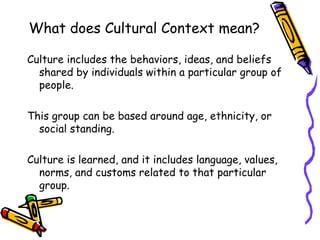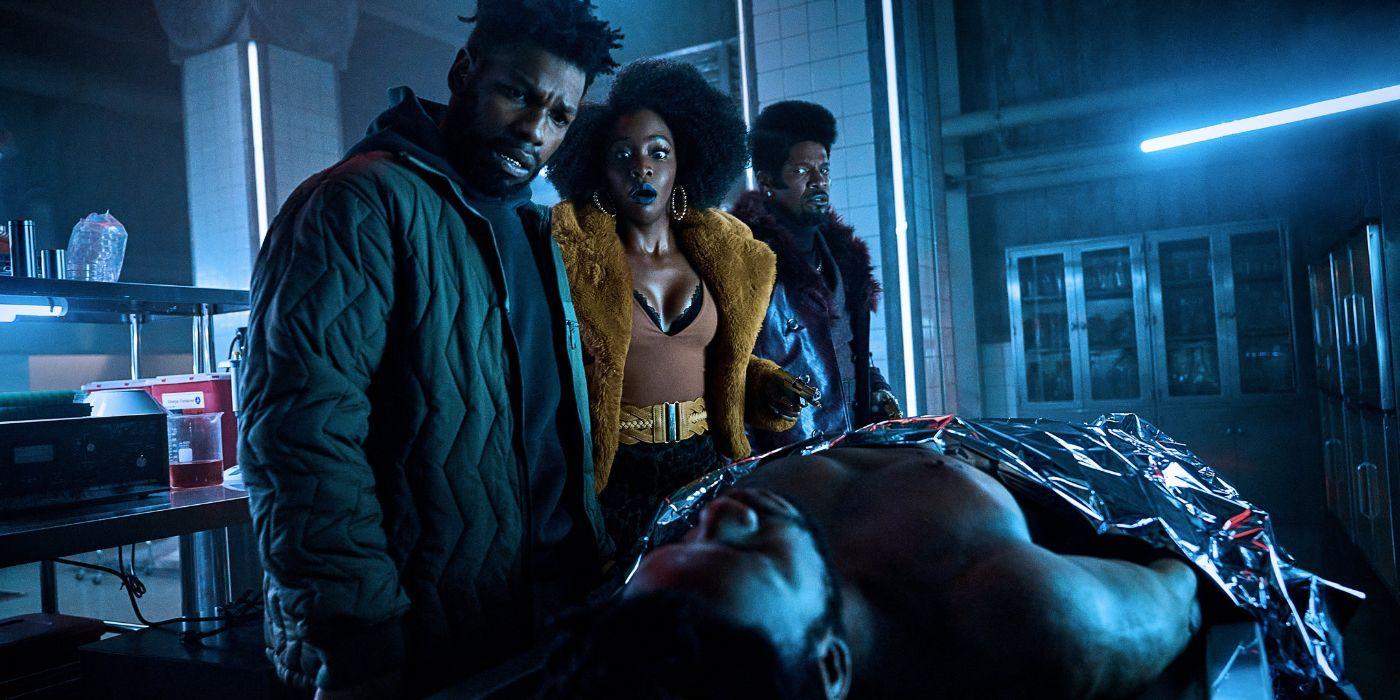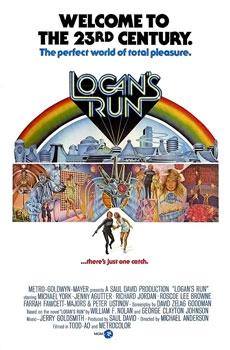In recent years, the landscape of science fiction cinema has undergone a significant transformation, reflecting broader societal shifts and evolving cultural narratives. has emerged as a pivotal element, offering both a mirror to contemporary issues and a canvas for speculative exploration. This genre, historically dominated by Eurocentric perspectives, is increasingly being reimagined to include diverse voices and experiences, challenging audiences to reconsider preconceived notions of identity, power, and belonging. As science fiction continues to grapple with complex themes of technology and the future, the nuanced portrayal of race not only enriches the storytelling but also prompts critical discussions about representation and inclusivity in media. This article examines how modern science fiction films are navigating the intricate dynamics of race, highlighting both progressive strides and ongoing challenges within the genre.
Representation and Stereotypes: Analyzing Racial Dynamics in Sci-Fi Narratives
Science fiction films often serve as a mirror to society, reflecting its complexities and contradictions. In recent years, the genre has made strides towards more inclusive representation, yet it still grapples with the pervasive issue of racial stereotypes. Characters of color frequently find themselves confined to roles that perpetuate outdated narratives, such as the mystical guide, the sacrificial hero, or the exotic outsider. These stereotypes not only limit the depth and authenticity of the characters but also reinforce societal biases. By failing to provide nuanced portrayals, these films risk perpetuating the very prejudices they often aim to critique.
- Tokenism: Characters of color included merely to tick diversity boxes.
- Monolithic Representation: Portraying all individuals of a race as having the same traits or behaviors.
- Cultural Appropriation: Borrowing elements of minority cultures without respect or understanding.
However, there is a growing movement within the sci-fi community advocating for more accurate and respectful representations. Films that succeed in breaking away from stereotypes often provide a platform for underrepresented voices, showcasing a rich tapestry of cultures and experiences. By challenging traditional narratives, these films offer a glimpse into a future where diversity is not just acknowledged but celebrated. As audiences become more discerning, the demand for complex, authentic characters of color is likely to reshape the landscape of science fiction storytelling.

Exploring the Influence of Cultural Context on Racial Depictions in Science Fiction
The portrayal of race in science fiction films is deeply intertwined with the cultural context in which these stories are crafted. As societies evolve, so too do their narratives and the representation of race within them. Science fiction, often lauded for its imaginative foresight, reflects contemporary societal norms and tensions, providing a canvas for exploring racial dynamics. Cultural context significantly influences how race is depicted, shaping the narratives and characters in ways that resonate with or challenge existing perceptions. This can be observed in the shift from overtly stereotypical depictions in early sci-fi films to more nuanced and diverse representations in modern cinema.
In examining these depictions, several factors emerge as pivotal in shaping the portrayal of race:
- Historical Influences: The historical backdrop of a society influences the narratives that emerge, often mirroring past racial injustices or triumphs.
- Technological Advancements: As technology advances, so does the ability to create more inclusive and diverse worlds, reflecting a broader spectrum of racial identities.
- Globalization: With increasing cross-cultural exchanges, modern science fiction films often incorporate a multitude of racial perspectives, fostering a more inclusive narrative.
These elements not only enrich the storytelling but also challenge audiences to reconsider their understanding of race within a speculative framework. By exploring these themes, science fiction can serve as both a mirror and a beacon, reflecting current societal issues while imagining a more inclusive future.

Diverse Casting and Authentic Storytelling: Steps Toward Inclusive Sci-Fi Cinema
In recent years, the landscape of science fiction cinema has begun to shift toward more inclusive and representative storytelling. A significant part of this transformation involves the deliberate casting of diverse actors and the crafting of narratives that authentically reflect a multitude of experiences. This approach not only enhances the depth and realism of sci-fi worlds but also challenges traditional genre boundaries. By embracing diverse casting, filmmakers are better equipped to explore themes of identity, belonging, and the human condition from various perspectives, making these stories resonate more universally.
- Character Complexity: Diverse casting enables the portrayal of multifaceted characters whose experiences and identities enrich the narrative fabric.
- Relatable Storylines: Authentic storytelling often results in plots that are more relatable to a broader audience, offering fresh insights and emotional depth.
- Challenging Norms: By moving away from conventional tropes, inclusive sci-fi can subvert expectations and introduce innovative ideas.
- Global Appeal: Films that reflect the diversity of the real world are more likely to attract international audiences and foster a global dialogue.
While the journey toward inclusive sci-fi cinema is ongoing, these steps represent a critical shift toward a genre that acknowledges and celebrates the richness of human diversity. The role of race, when authentically integrated, not only enhances the narrative but also invites audiences to reflect on societal issues through the speculative lens of science fiction.

Balancing Entertainment and Responsibility: Recommendations for Filmmakers
Filmmakers hold a unique position of influence, particularly when exploring the intricate dynamics of race within the realm of modern science fiction. Striking a balance between entertainment and responsibility is crucial. Here are some key recommendations:
- Embrace Diversity in Storytelling: Ensure that narratives are not only inclusive but also reflect the diverse experiences and perspectives of different racial groups. This approach not only enriches the storytelling but also provides a platform for underrepresented voices.
- Avoid Stereotypes: Be vigilant in avoiding the perpetuation of racial stereotypes, which can be damaging and reductive. Instead, strive to portray characters with depth and complexity, allowing for a more nuanced exploration of identity.
- Collaborate with Cultural Consultants: Engage with experts who can provide insight and guidance on cultural nuances. This collaboration can help ensure authenticity and respect in the portrayal of different races and cultures.
By thoughtfully integrating these practices, filmmakers can contribute to a more inclusive and responsible cinematic landscape that respects the rich tapestry of human experience while captivating audiences with compelling science fiction narratives.
